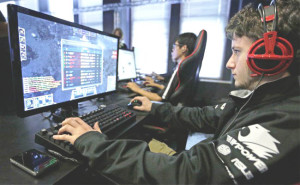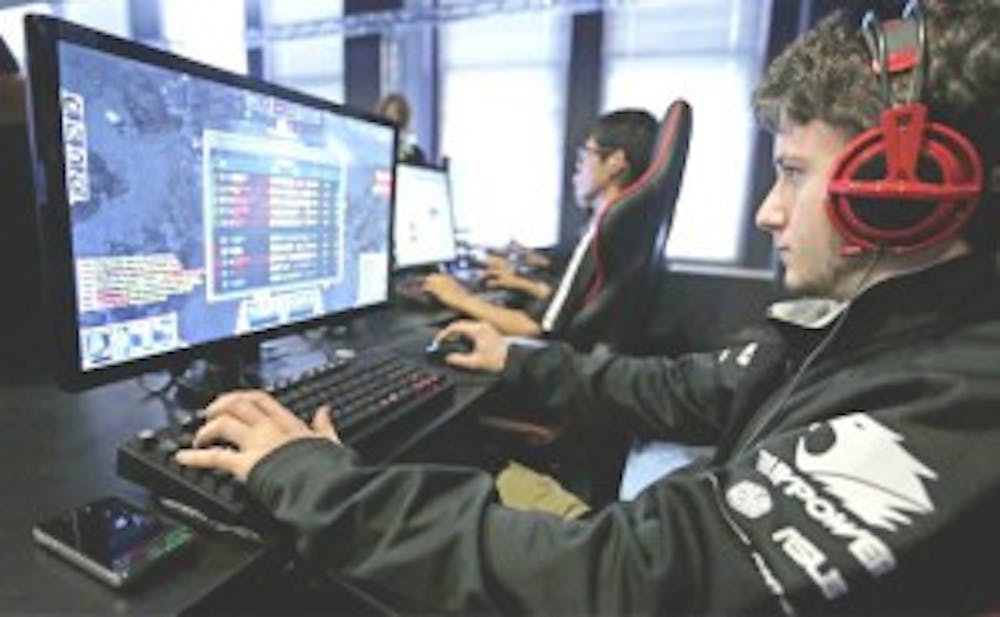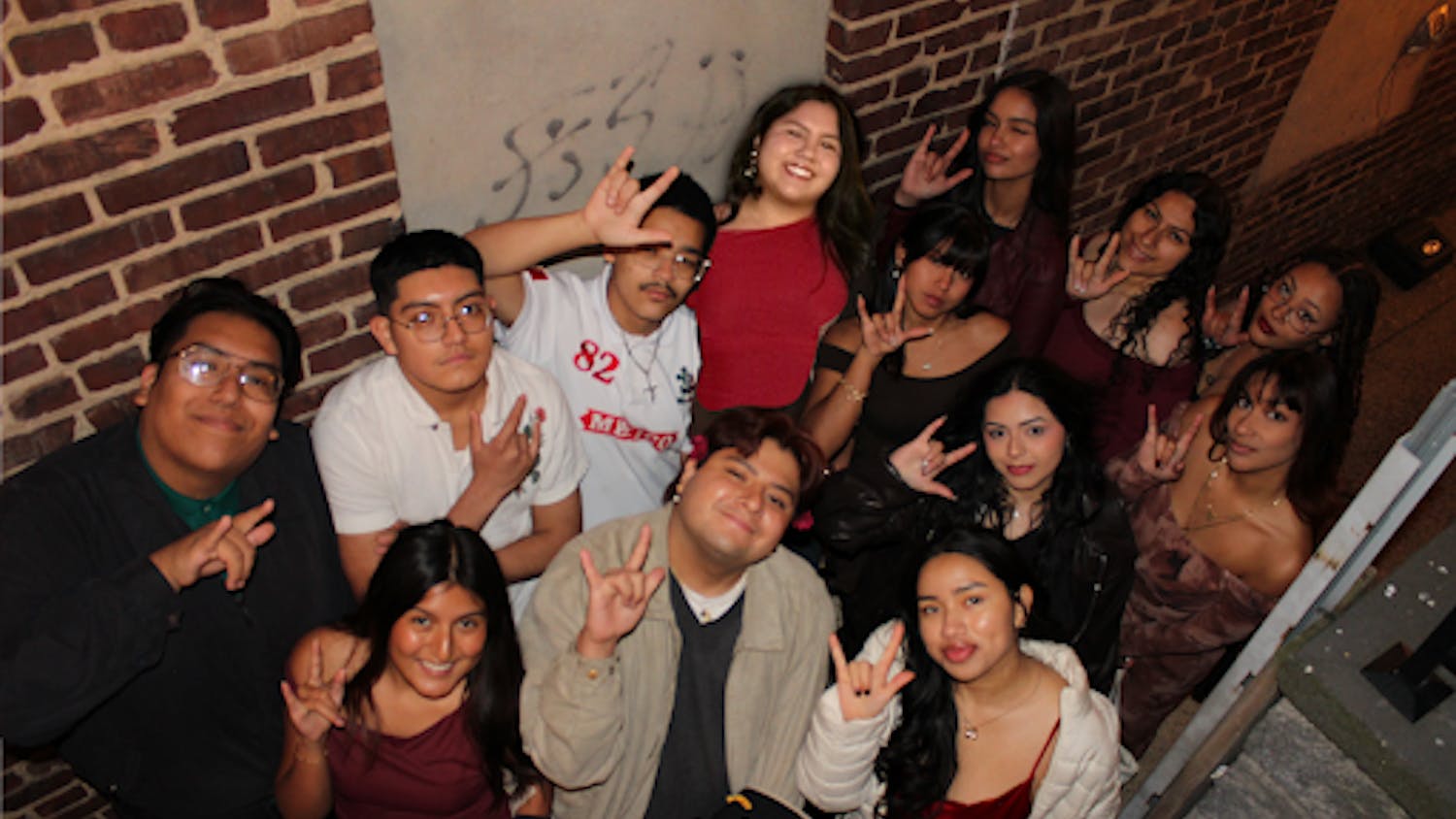By George Tatoris
Sports Assistant
After only one week of classes, sophomore interactive multimedia major Evan Jones found himself inside the Arts and Interactive Multimedia building at 6:00 a.m., working industriously in front of a computer monitor.
He wasn’t there to study or to do a project — he was there to participate in the Global Game Jam (GGJ), a 48-hour video game-making marathon hosted at different sites around the world, from New Zealand to Hawaii. It is the largest game jam in the world.
In game jams, participants called “jammers” must create an original game focused on a given theme within 48 hours.

The College has been a part of the Game Jam world since 2009, when a group of students organized a trip to the Philly Game Jam and returned with two awards. One team, TCNJ Yellow, came back from the trip with the “Most Innovative Game” and “Best Adherence to Theme” awards.
Since then, students organized two more trips to the Philly Game Jam — one in 2011 and another in 2012. In 2014, the College became a site for GGJ, offering the services of the Arts and Interactive Multimedia Building to local jammers.
The theme for this year’s GGJ was “ritual.”
“I saw it as a chance to improve my skills in a stressed environment and to emulate what it would be like to work on a team,” said Jones, who has made games both for classes and on his own in the past.
In 2012, the College’s team, again comprised of both students and alumni, won the “Most Innovative” and “Judges’ Choice” awards for a game that allowed the player to control time to solve puzzles. They called it “Kairos.”
Alex Cap, a 2011 alumnus of the College, was part of Team Kairos. It was his second Game Jam.
Cap was a music major at the College, so it was only fitting that he wrote the music for the game, which he still features on his website, alexcapmusic.com.
“Of course I enjoyed (winning awards), but what is most exciting to me is what happens during the Jam — fast-paced creation and problem solving,” Cap said.
Cap feels the experience helped his career in the long run.
“In general, the jams helped me to think on my feet and go with my gut in making creative musical decisions,” Cap said.
After having no GGJ on campus last year, participants were happy to have it back at the College this year.
According to Fishburn, one neat aspect of the College’s GGJ site is that the gaming groups had access to the entire building instead of being cloistered in one room. As a result, groups spread across different rooms of the site.
Jones wasn’t the only student who stayed late — some even slept on floors and beanbag chairs. Jones tried to take a nap on a table before deciding he preferred a bed.
“Tables are not comfy,” Jones said, “nor is the floor.”
Sites are allowed to give out awards like “Best Adherence to Theme” or “Most Creative Use of Theme” if they wish, but according to the GGJ website, this Jam’s primary function is to “stimulate collaboration,” not competition. The College did not hand out awards.
One way the GGJ encourages collaboration is by making sure teams are formed on the spot. For the most part, it is strangers working together to meet a deadline.
“The experience of working on a team with people you possibly have never met before is probably the most powerful part of game jam,” said Josh Fishburn, assistant interactive multimedia professor and organizer at the College’s GGJ site.
This is Fishburn’s fifth year organizing a GGJ. Though this is only his second semester at the College, he previously organized events at the University of Wisconsin-Whitewater.
There is also some collaboration between groups themselves. When Jones stretched his legs, he headed over to another group to playtest their game and give feedback. Seeing everyone’s progress encouraged Jones to work harder.
“It’s not a competition, but at the same time, you don’t want to be the worst game there,” Jones said, “so you kind of are just trying your hardest to keep up with everyone else.”
Jones teamed up with junior interactive multimedia majors Christian Czmar and Malakye Otey.
The group made a game titled “Tomorrow Never Comes,” which focuses on the mundanity of rituals by following the daily life of a protagonist working in a field.
Other groups put a religious spin on the theme or had their player perform rituals to cast spells.
Fishburn hopes that they will be able to pull in jammers outside of the College community next year. Some familiar faces might also be there in 2017.
“It was stressful. It was painful. It was horrendous,” Jones said. “And I loved every second of it and I want to do it again.”







